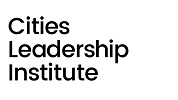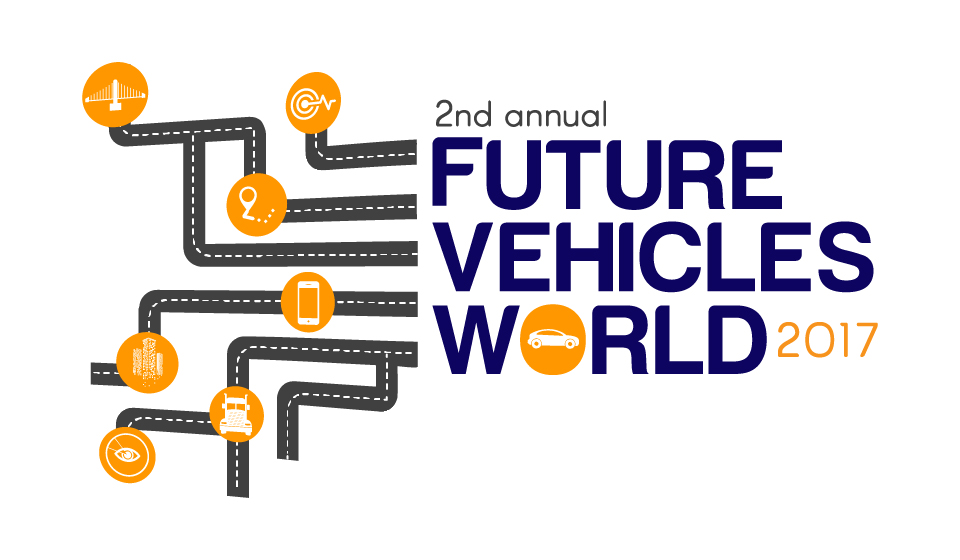Supporting Bodies at Future Vehicles World 2017:
Research and development partner:
Carnegie Mellon University in Australia is the first international university established in Australia, and forms part of Carnegie Mellon’s global footprint which includes campuses in Pittsburgh, Silicon Valley, Rwanda and Qatar. Carnegie Mellon University in Australia offers two internationally-ranked master degrees, the Master of Science in Public Policy and Management and the Master of Science in Information Technology.
The combination of an American degree and studying in Australia provides students with a unique skill set and international perspective. Our graduates become sought-after individuals offering unique, immediate and measurable benefits to future employers as managers and decision makers.
 Self-driving vehicles will make driving easier, allow people to be more productive and offer greater mobility to a wider range of people than ever before. They will also help improve road safety, reduce emissions, and ease congestion. As a result, self-driving vehicles will provide significant economic, environmental and social benefits, including improving social inclusion.
Self-driving vehicles will make driving easier, allow people to be more productive and offer greater mobility to a wider range of people than ever before. They will also help improve road safety, reduce emissions, and ease congestion. As a result, self-driving vehicles will provide significant economic, environmental and social benefits, including improving social inclusion.
The key thrust of ARRB’s Driverless Vehicle Initiative is to build momentum by rapidly exploring the impacts and requirements of this new technology in a truly Australian context and making recommendations on ways to safely and successfully bring self-driving vehicles to Australian roads.
To do this ARRB will raise public awareness through live demonstrations involving government, industry, research entities and the media. The intention is to provide an avenue to showcase the involvement and contributions of collaborating partners involved in this important initiative.
 ARRB Group Ltd (ARRB) provides research, consulting and information services to the road and transport industry. ARRB applies research outputs to develop equipment that collects road and traffic information, and software that assists with decision-making across road networks. ARRB is the leading provider of road research and best practice workshops in Australia.
ARRB Group Ltd (ARRB) provides research, consulting and information services to the road and transport industry. ARRB applies research outputs to develop equipment that collects road and traffic information, and software that assists with decision-making across road networks. ARRB is the leading provider of road research and best practice workshops in Australia.
ARRB's member organisations include federal, state and local government bodies responsible for managing the nation's transport and road networks and the New Zealand Transport Agency. ARRB and its members, both individually and collectively as Austroads, recognise the critical role that they play in supporting one another to improve productivity, safety, sustainability and amenity outcomes for the community.
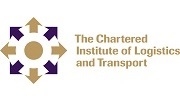 CILT was established in the UK in 1919, and has been operating in Australia since 1935. CILT Australia is part of the CILT International network with of over 33,000 members and more than 200 key corporations working in 100+ countries.
CILT was established in the UK in 1919, and has been operating in Australia since 1935. CILT Australia is part of the CILT International network with of over 33,000 members and more than 200 key corporations working in 100+ countries.
Our mission is to provide leadership in research, policy and professional development and supporting continuous improvement in the Transport and Logistics Industry.
The association covers all those who work transporting passengers, moving freight and managing Australian domestic and international supply chains from the most junior school leaver to the most senior CEOs.
CILT Australia's accredited, certified and recognized development programs, along with its networking and event opportunities truly offer its members 'the way forward for industry professionals'.
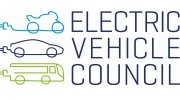 The Electric Vehicle Council is comprised of representatives from academic, industry and corporate sectors, who act as advocates for the adoption of electric vehicles. The aim of the Council is to promote EVs as a viable transportation alternative to conventionally fuelled vehicles.
The Electric Vehicle Council is comprised of representatives from academic, industry and corporate sectors, who act as advocates for the adoption of electric vehicles. The aim of the Council is to promote EVs as a viable transportation alternative to conventionally fuelled vehicles.
The EVC provides a focal point for electric vehicles. Its main aims are to:
Generate political and business support for electric vehicles with a coordinated approach through the council’s academic and corporate representatives and government stakeholders;
Establish networks and relationships with industry stakeholders, and provide a point of contact for electric vehicle manufacturers and suppliers;
Monitor developments in the global electric vehicle industry, inform stakeholders of projects relating to new and emerging technologies, and build on international experience and expertise within Australia;
Support local individuals/academia who are seeking to progress electric vehicle technologies and research;
Solicit support from interested parties such as community groups and government to support the establishment of the electric vehicle market; and
Assist in lobbying for funding and other non-financial support to increase the customer value proposition for electric vehicle ownership.
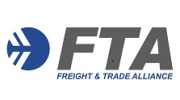 A complex supply chain exists with increasing border security requirements, evolving global trade agreements, variations in international shipping practices and numerous domestic landside logistics issues requiring ongoing reform. These issues are intertwined requiring the need for a considered approach in representation to government and various sectors of commerce. In this contemporary environment it is essential that advocacy is representative of a cross-section of Australia’s international trade sector.
A complex supply chain exists with increasing border security requirements, evolving global trade agreements, variations in international shipping practices and numerous domestic landside logistics issues requiring ongoing reform. These issues are intertwined requiring the need for a considered approach in representation to government and various sectors of commerce. In this contemporary environment it is essential that advocacy is representative of a cross-section of Australia’s international trade sector.
FTA provides this important advocacy role by maintaining a collaborative relationship with key people across government and commerce. As your business partner, we also provide advice, contacts, training, events and relevant operational information. We look forward to you joining the alliance.
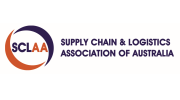 The Supply Chain & Logistics Association of Australia (SCLAA) is Australia’s largest association for Supply Chain and Logistics professionals and practitioners working in SME’s through to large Corporates.
The Supply Chain & Logistics Association of Australia (SCLAA) is Australia’s largest association for Supply Chain and Logistics professionals and practitioners working in SME’s through to large Corporates.
We are a member based organisation, run by volunteers and at our very core is our mission to serve and advance the interests of Supply Chain and Logistics professionals and practitioners (SCL) in Australia. We do this through the development of the profession and practice of SCL, collaboration with industry stakeholders and promotion and recognition of world’s best practice.
